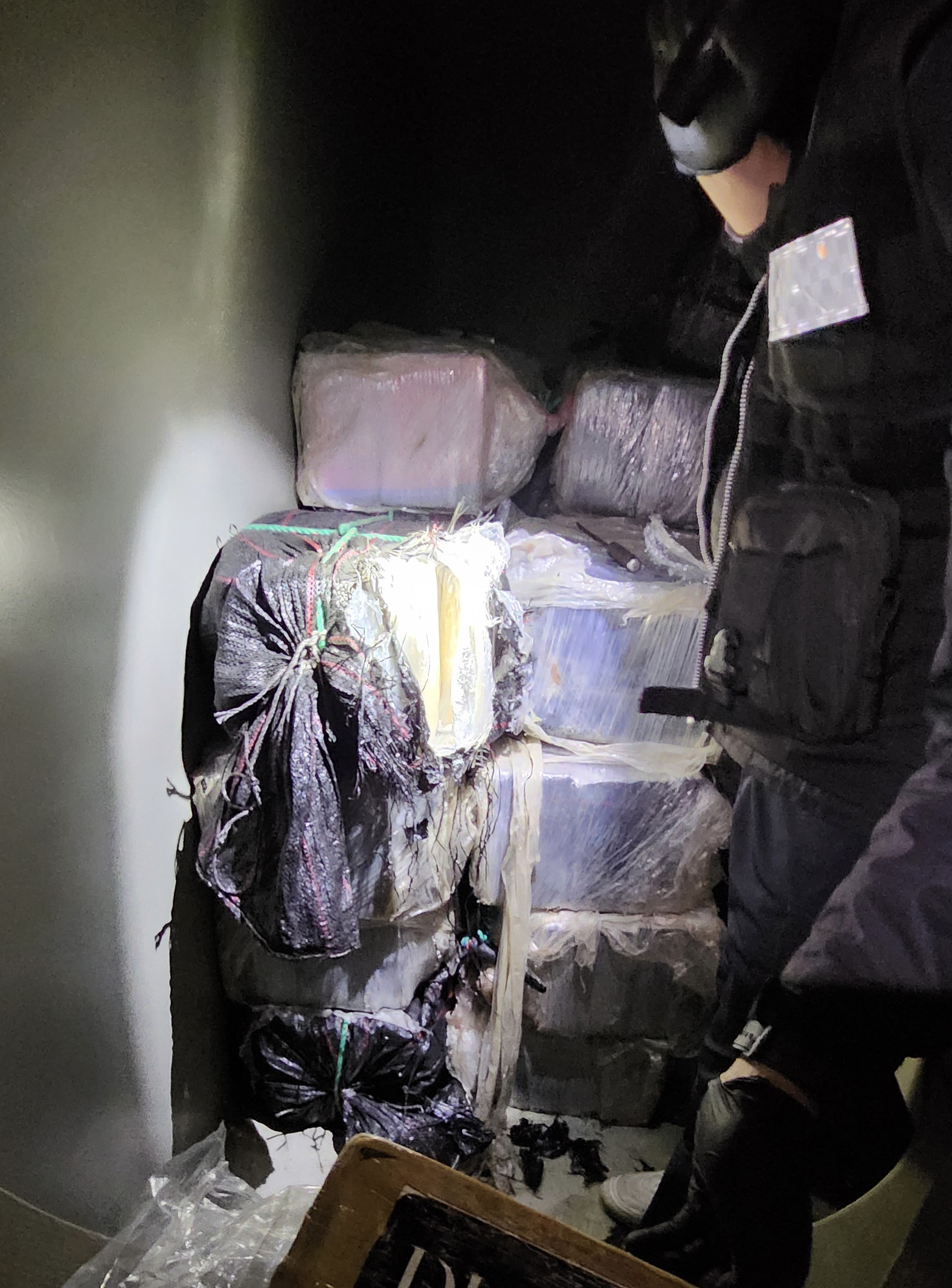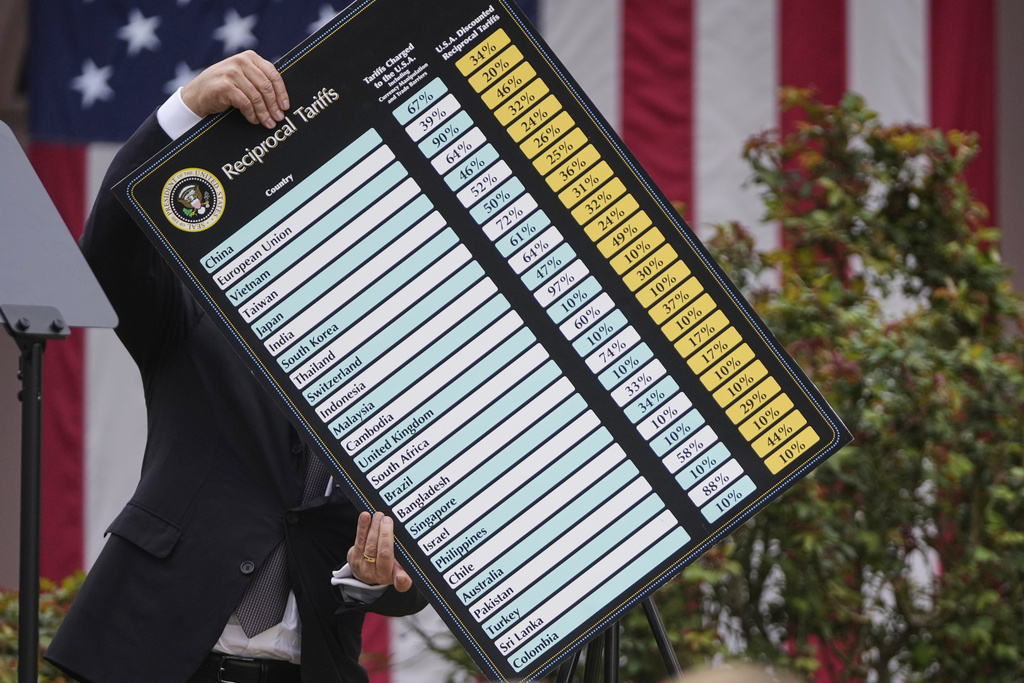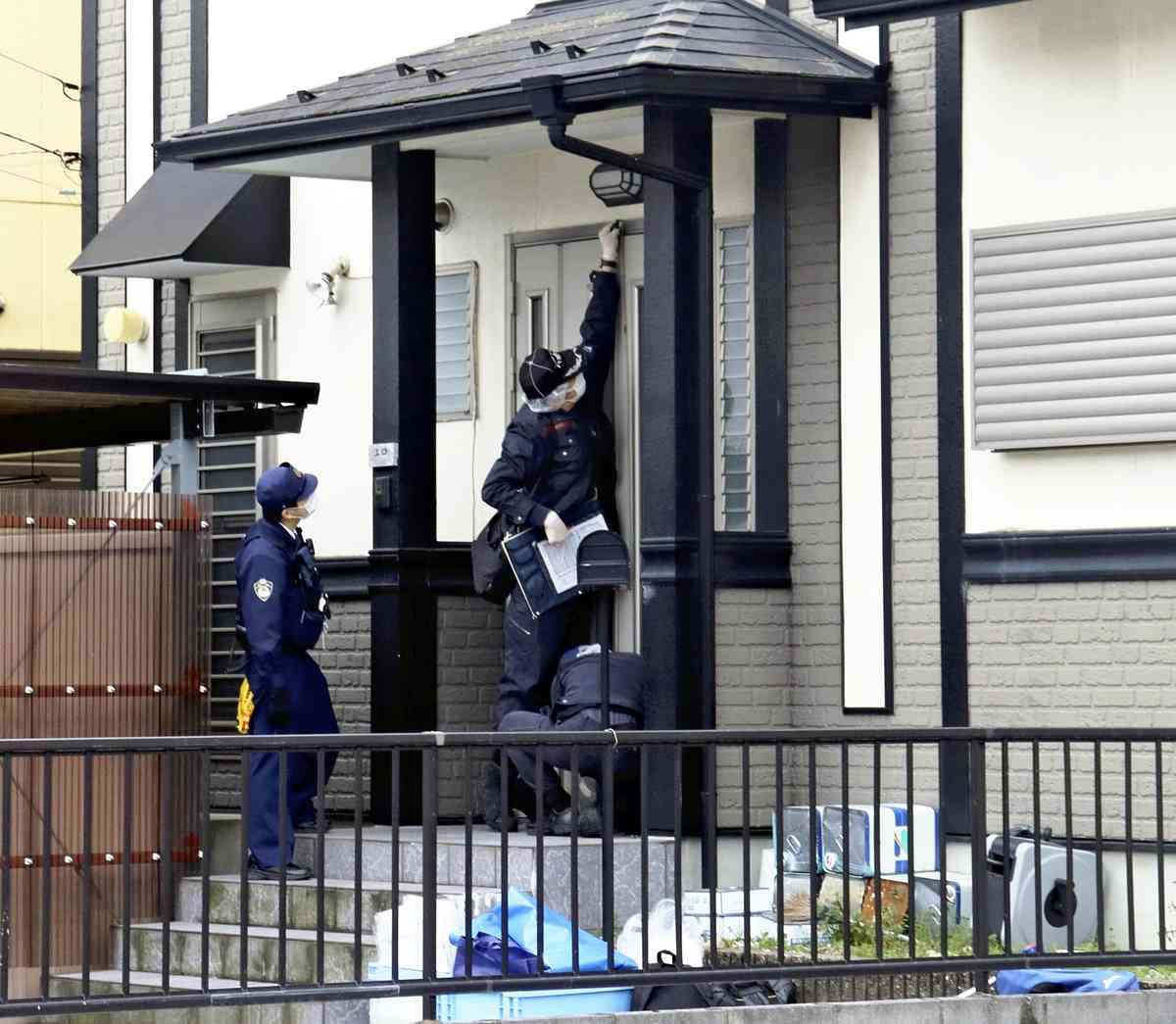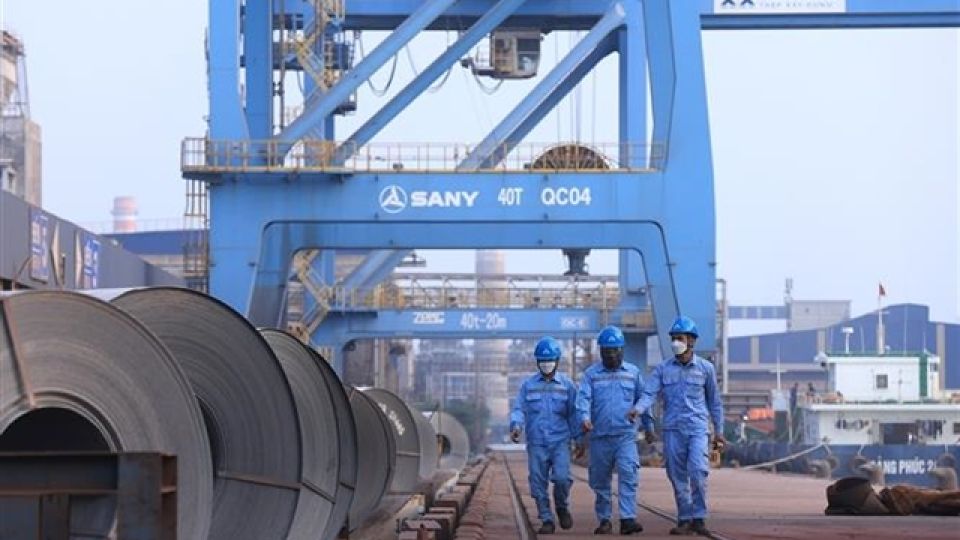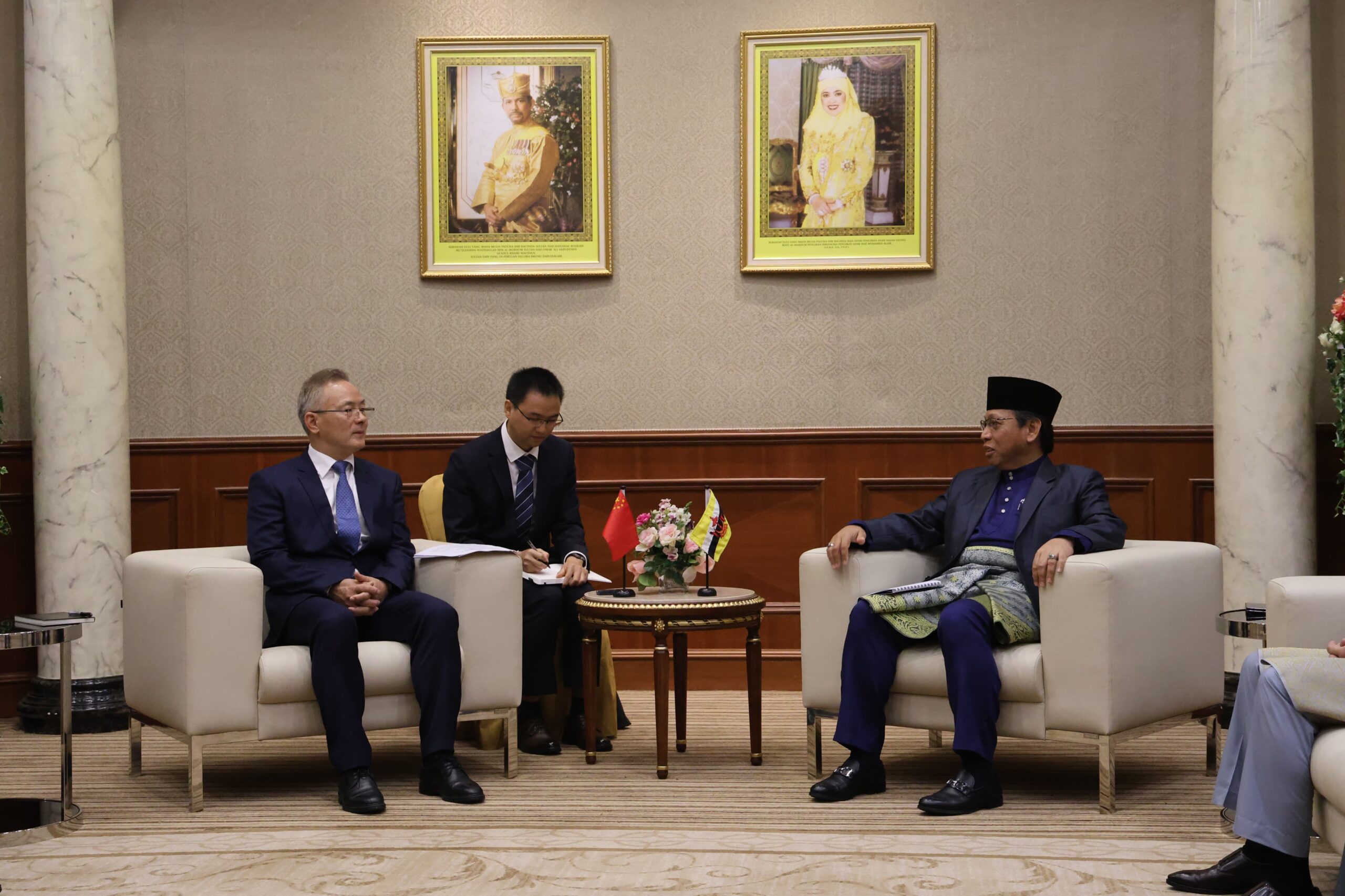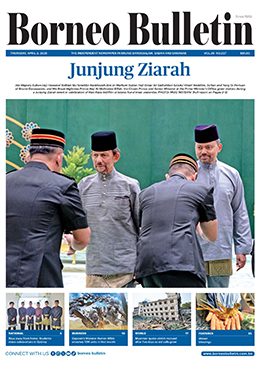DEIR AL BALAH, Gaza Strip (AP) — Overnight strikes by Israel killed at least 55 people across the Gaza Strip, hospital officials said Thursday, a day after senior government officials said Israel would seize large areas of Gaza and establish a new security corridor across the Palestinian territory.
Israel has vowed to escalate the nearly 18-month war with Hamas until the militant group returns dozens of remaining hostages, disarms and leaves the territory. Israel has imposed a month-long halt on all imports of food, fuel and humanitarian aid that has left civilians facing acute shortages as supplies dwindle.
Officials in Khan Younis, in the southern part of the strip, said the bodies of 14 people had been taken to Nasser Hospital – nine of them from the same family. The dead included five children and four women. The bodies of another 19 people, including five children aged between 1 and 7 years and a pregnant woman, were taken to the European hospital near Khan Younis, hospital officials said. In Gaza City, 21 bodies were taken to Ahli hospital, including those of seven children.
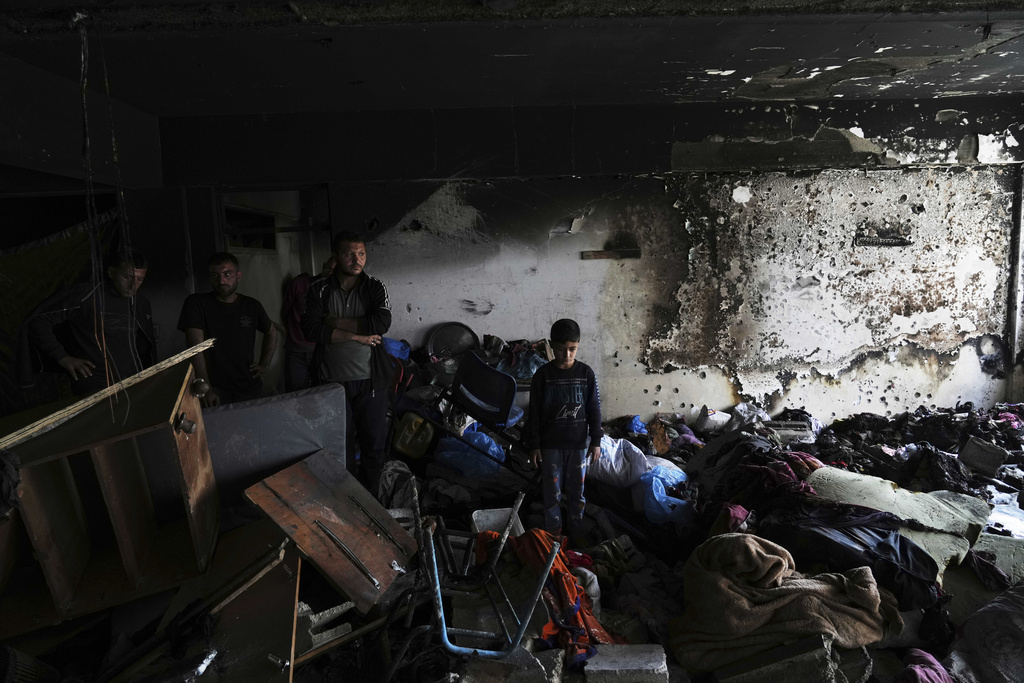
On Wednesday, Benjamin Netanyahu announced Israel was establishing a new security corridor across the Gaza Strip to pressure Hamas, suggesting it would cut off the southern city of Rafah, which Israel has ordered evacuated, from the rest of the Palestinian territory.
Netanyahu referred to the new axis as the Morag corridor, using the name of a Jewish settlement that once stood between Rafah and Khan Younis, suggesting it would run between the two southern cities. He said it would be “a second Philadelphi corridor ” referring to the Gaza side of the border with Egypt further south, which has been under Israeli control since last May.
Israel has reasserted control over the Netzarim corridor, also named for a former settlement, that cuts off the northern third of Gaza, including Gaza City, from the rest of the narrow coastal strip. Both of the existing corridors run from the Israeli border to the Mediterranean Sea.
“We are cutting up the strip, and we are increasing the pressure step by step, so that they will give us our hostages,” Netanyahu said.
The Western-backed Palestinian Authority, led by rivals of Hamas, expressed its “complete rejection” of the planned corridor. Its statement also called for Hamas to give up power in Gaza, where the militant group has faced rare protests recently.
Netanyahu’s announcement came after the defense minister, Israel Katz, said Israel would seize large areas of Gaza and add them to its so-called security zones, apparently referring to an existing buffer zone along Gaza’s entire perimeter. He called on Gaza residents to “expel Hamas and return all the hostages,” saying “this is the only way to end the war.”
Hamas has said it will only release the remaining 59 hostages — 24 of whom are believed to be alive — in exchange for the release of more Palestinian prisoners, a lasting ceasefire and an Israeli pullout. The group has rejected demands that it lay down its arms or leave the territory.
On Sunday, Netanyahu said Israel plans to maintain overall security control of Gaza after the war and implement US President Donald Trump’s proposal to resettle much of its population elsewhere through what the Israeli leader referred to as “voluntary emigration.”
Palestinians have rejected the plan, viewing it as expulsion from their homeland after Israel’s offensive left much of it uninhabitable, and human rights experts say implementing the plan would likely violate international law.
Israel’s offensive has killed more than 50,000 Palestinians, according to Gaza’s Health Ministry, which doesn’t say whether those killed are civilians or combatants. Israel says it has killed around 20,000 militants, without providing evidence.
The war has left vast areas of Gaza in ruins and at its height displaced around 90 per cent of the population.

